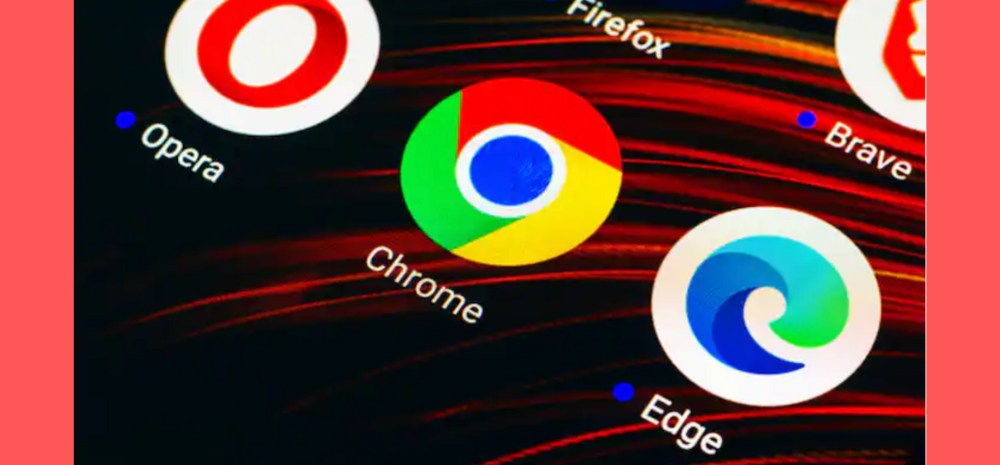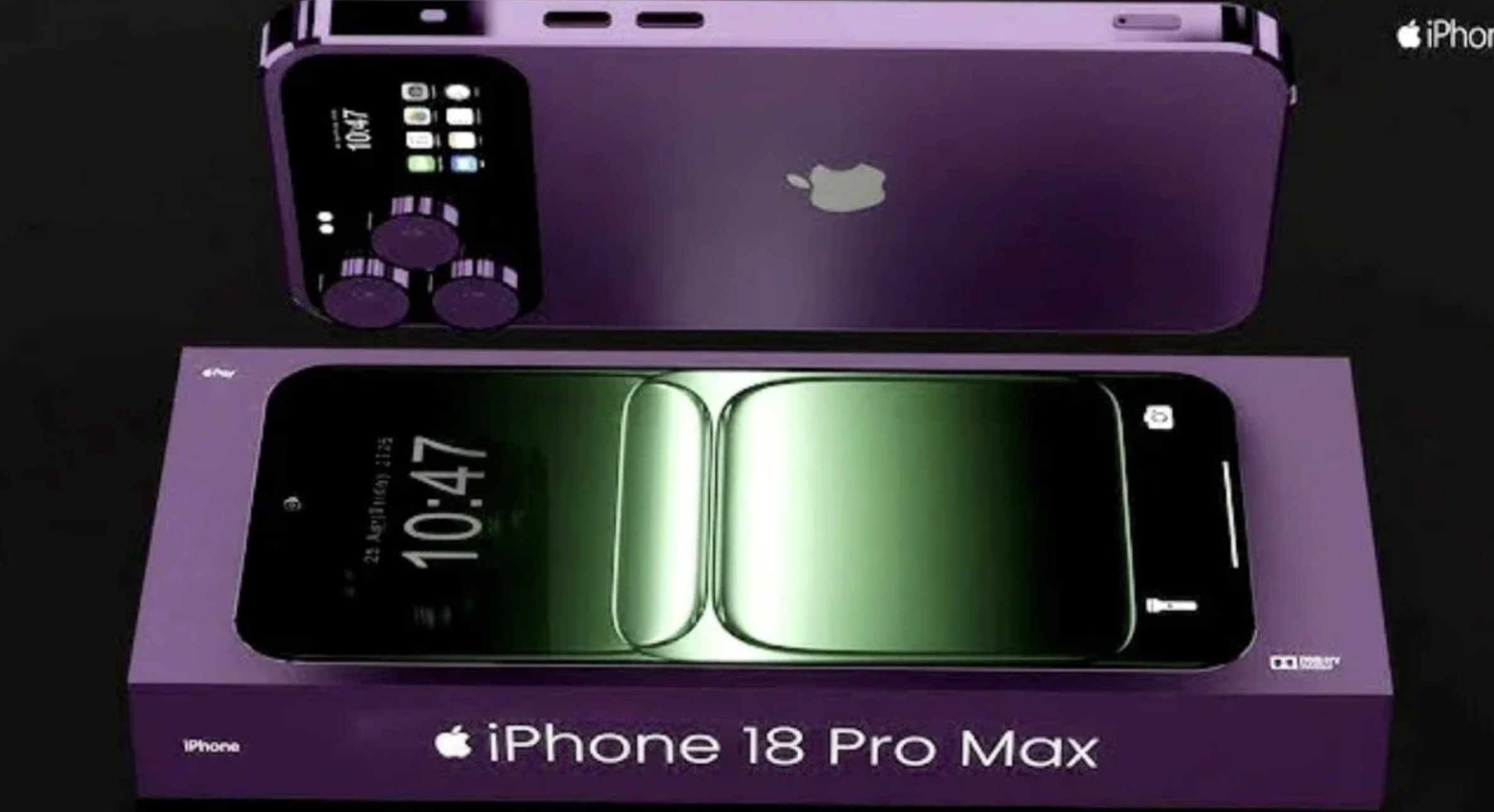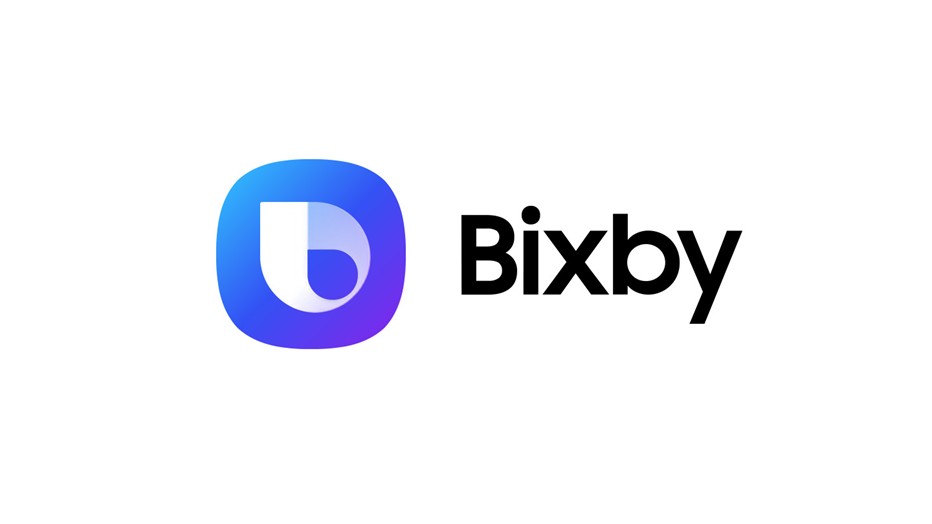Microsoft is urging people to switch to Bing, the company’s search engine, by displaying pop-up advertisements on Google Chrome once more.

Microsoft Urging People To Switch To Bing
These pop-ups first arrived on Windows 10 and 11 last year, and they have since reappeared. The new pop-ups promote Microsoft’s search engine within Google Chrome as well as Bing AI. Users who select “yes” at the prompt will have Bing set as Chrome’s default search engine.
Some users have compared these pop-ups to malware and expressed doubts about their legitimacy.
According to Microsoft, the pop-ups are real and should only show up once. According to Microsoft’s Director of Communications Caitlin Roulston, customers have the option to make Bing their default search engine by selecting it from the pop-up.
Roulston likened the notification to providing Windows users with benefits like increased chat turns in Copilot. Microsoft gives users the opportunity to reject the notification, indicating that they value having choices.
Critics wonder if Microsoft is really giving customers an option, or if it’s just using marketing ploys to promote its own services. It can be difficult for some users to escape these alerts by modifying settings, which may indicate that Microsoft is giving its services priority over user preferences.
Microsoft Runs Advertisements To Push Bing
Beyond Chrome pop-ups, Microsoft also runs advertisements in other places, such as the Windows taskbar. After Windows upgrades, there have been cases where Microsoft forced users to switch to its Edge browser.
Following system updates, Microsoft also shows full-screen ads urging users to switch to Edge and Bing.
Microsoft came under fire earlier this year when its Edge browser began automatically importing tabs and browsing history from Chrome without asking permission.
Concerns over user privacy and permission related cross-browser data sharing were brought up by the issue. Microsoft’s vigorous marketing of Edge and Bing begs concerns about how it views user choice and competition.
Some consumers want more control over their software experiences because they are irritated by Microsoft’s constant advertising of its services. Opponents contend that Microsoft ought to give users’ preferences top priority and make it easier for users to choose not to receive promotional messages.
The ongoing discussion brings to light the difficulties in striking a balance in the internet industry between consumer choice and corporate interests.













